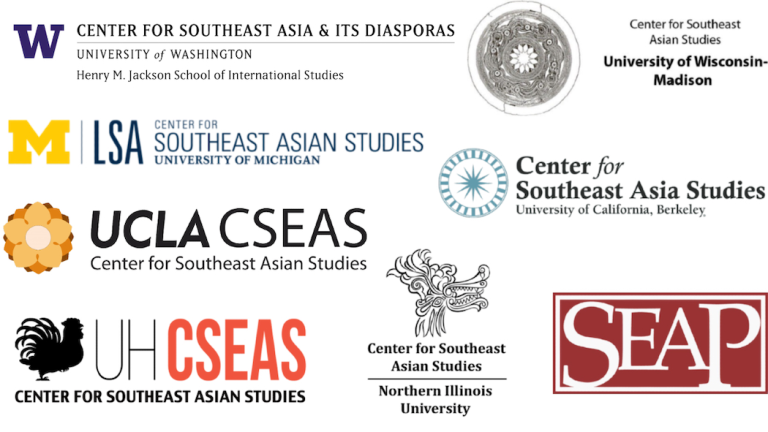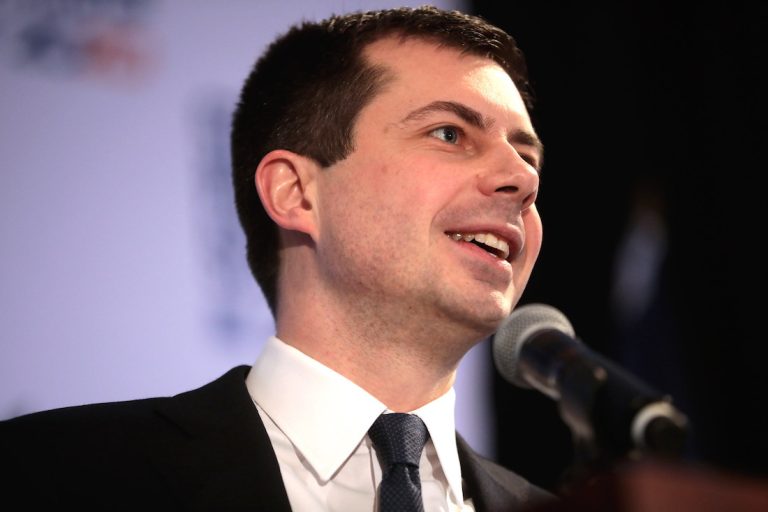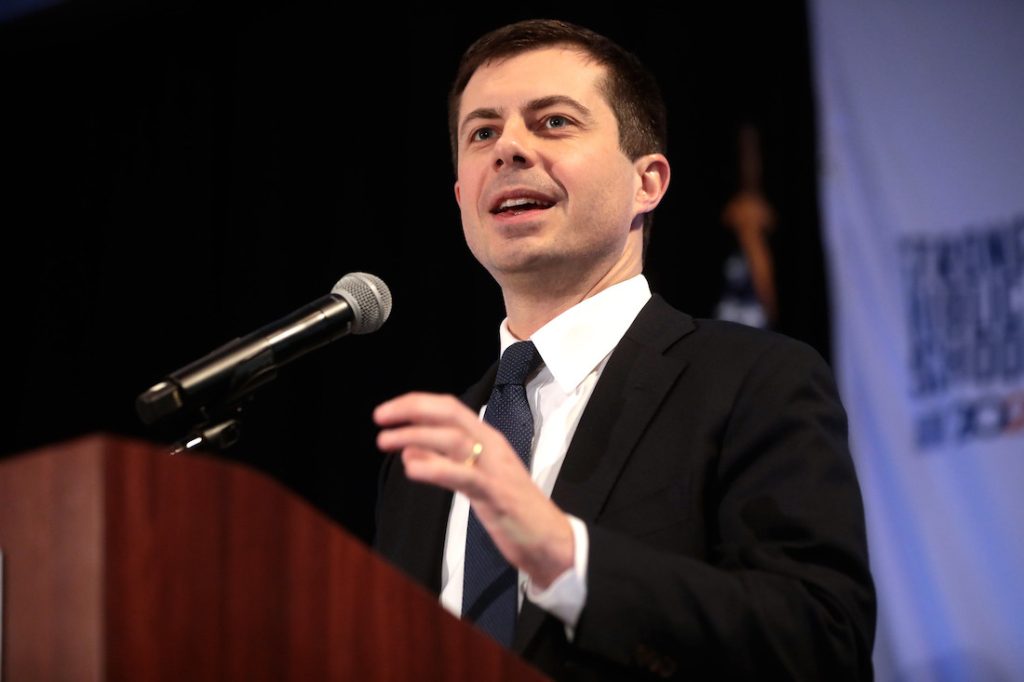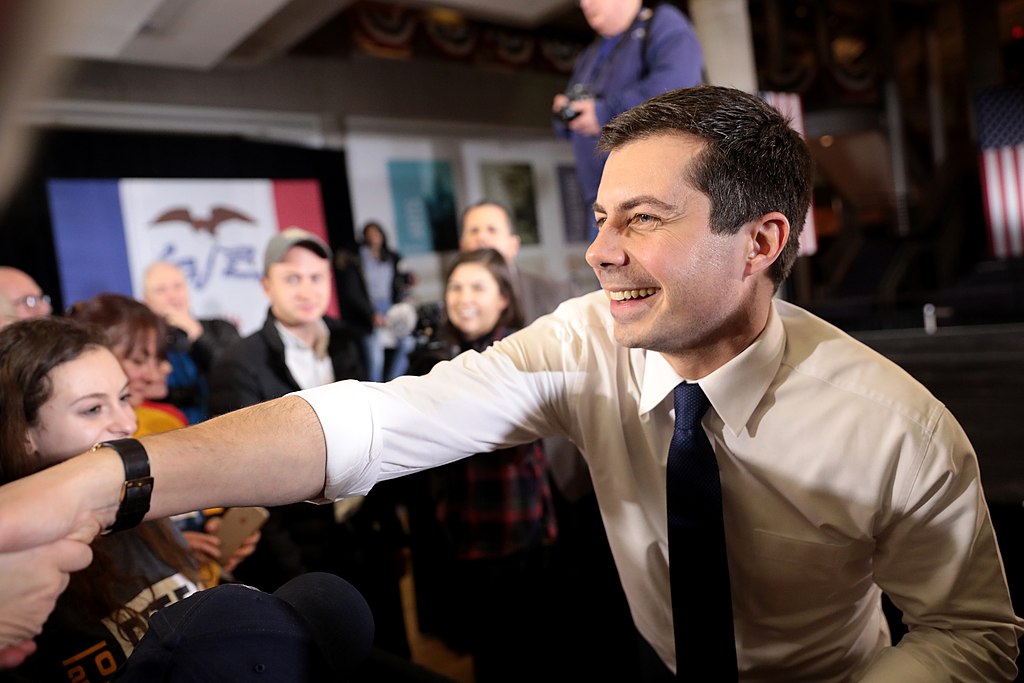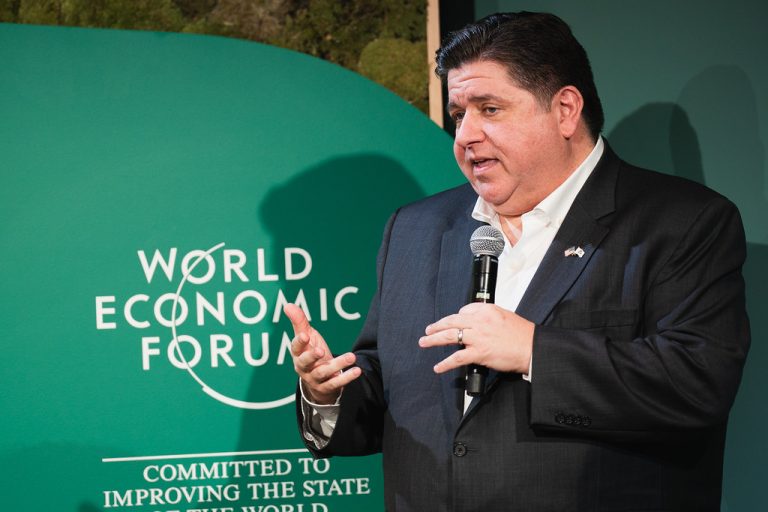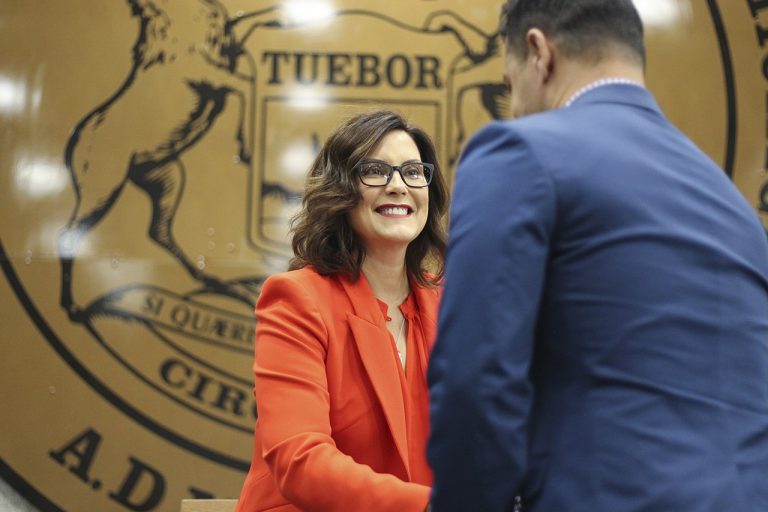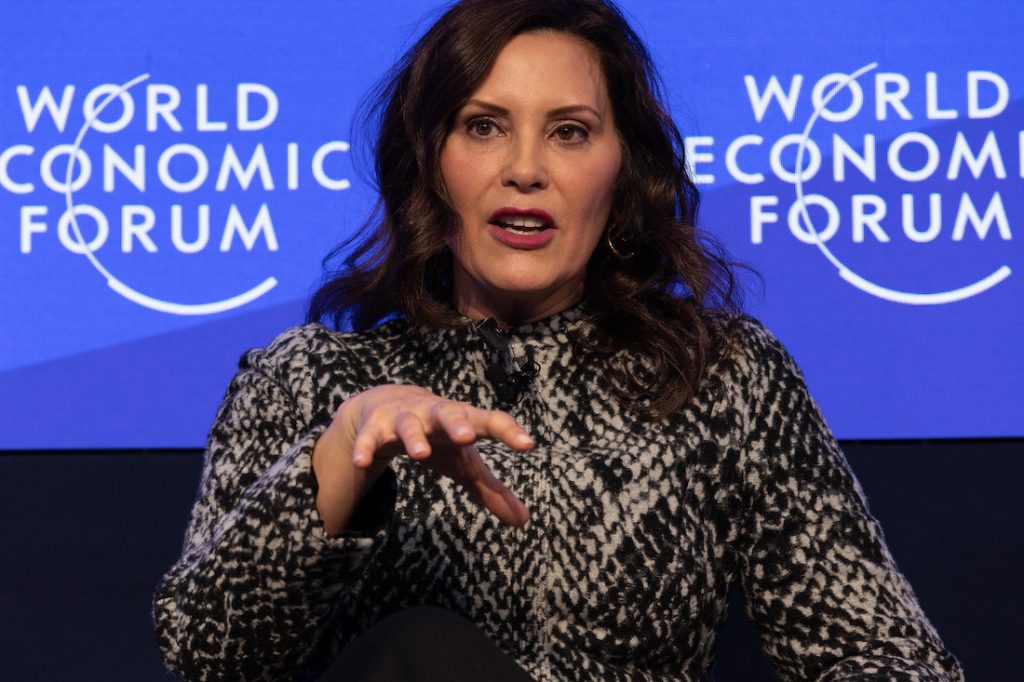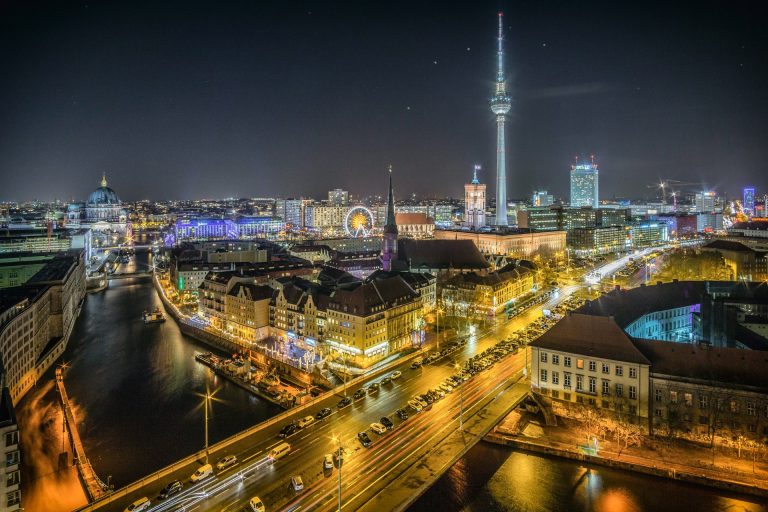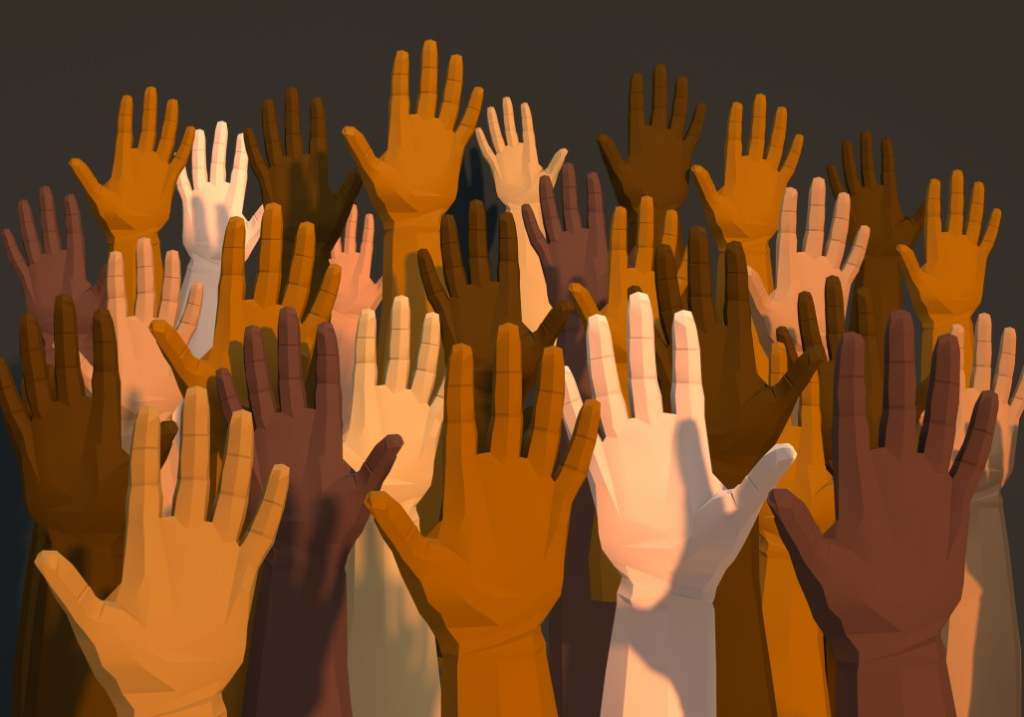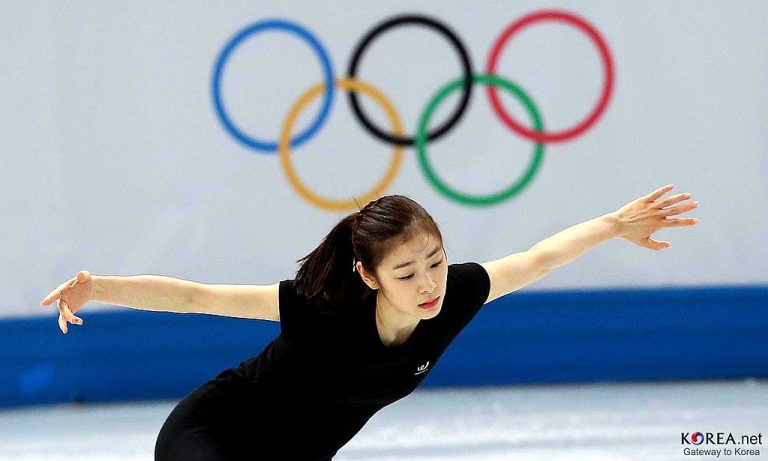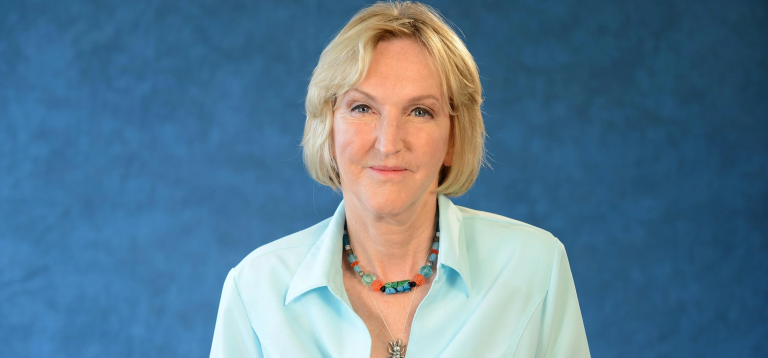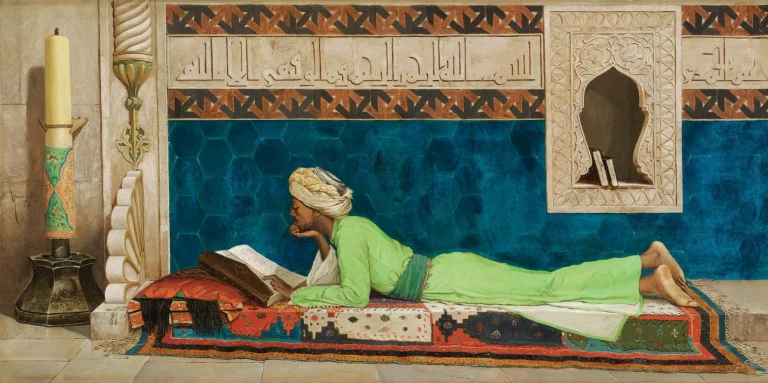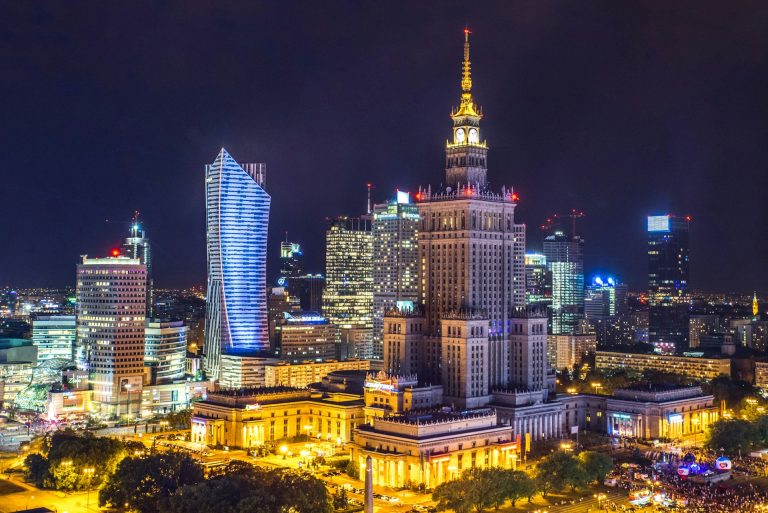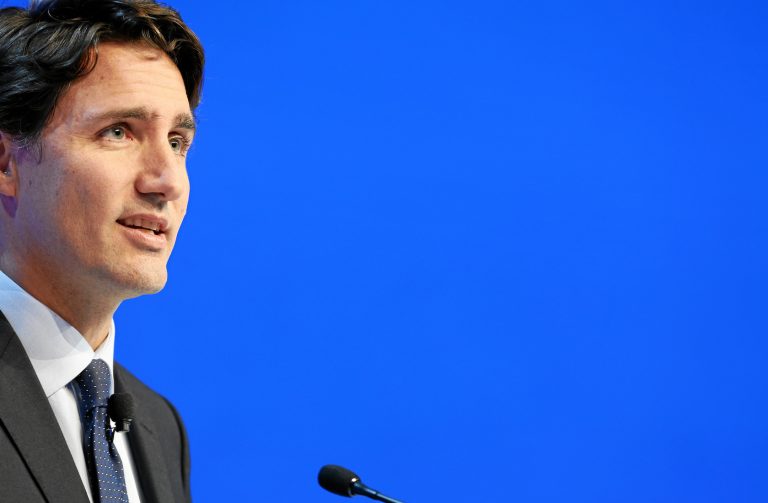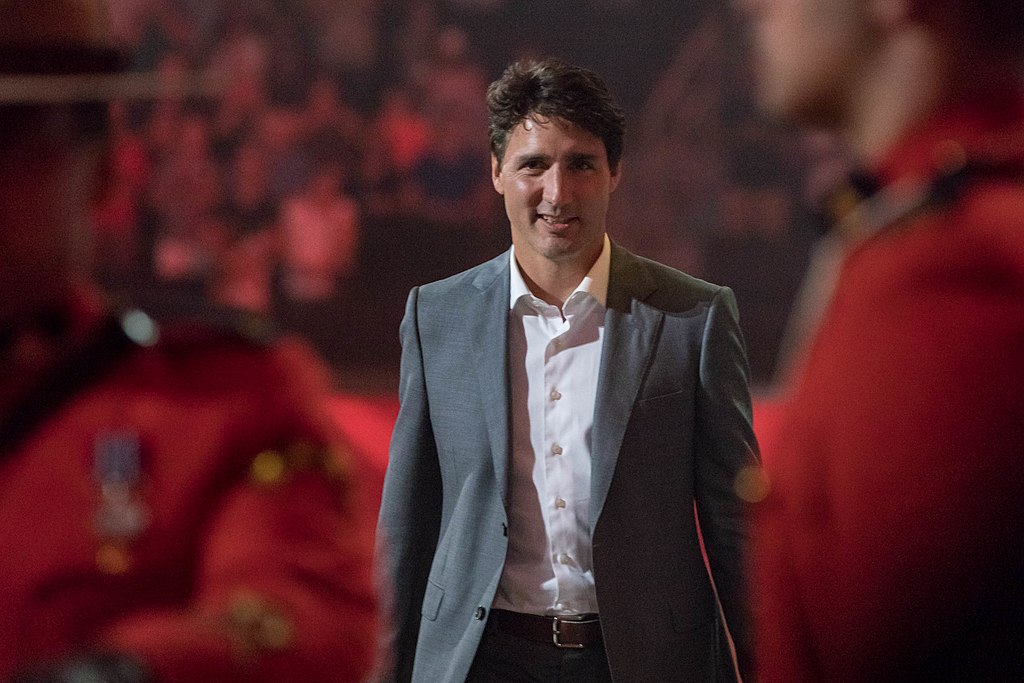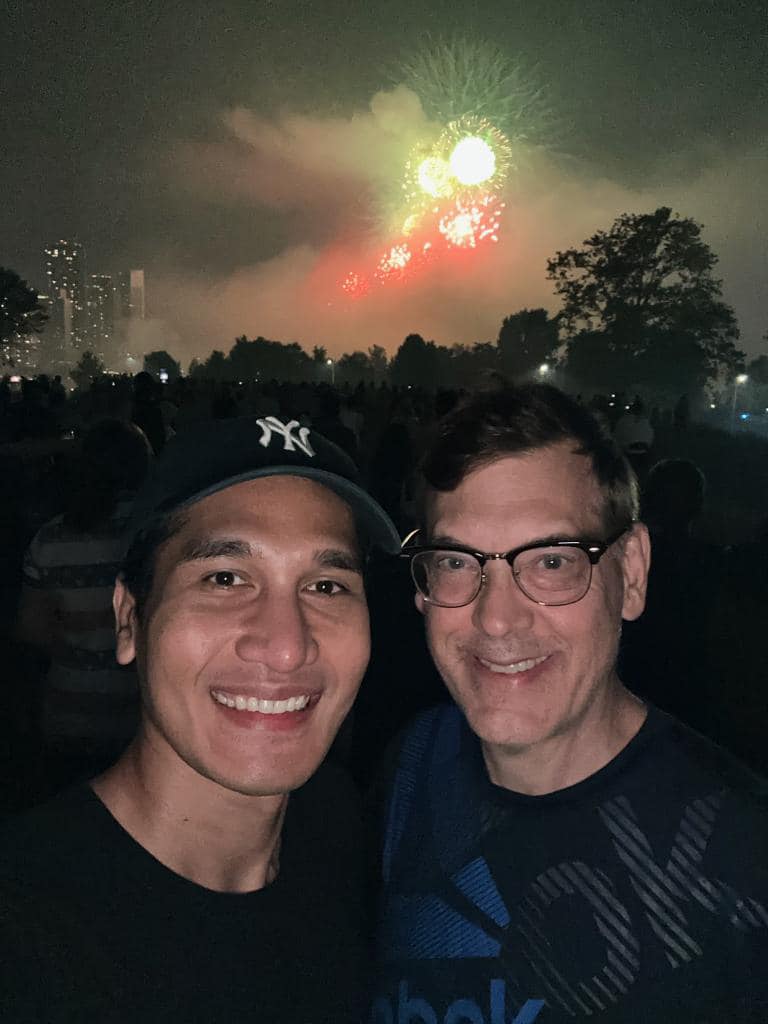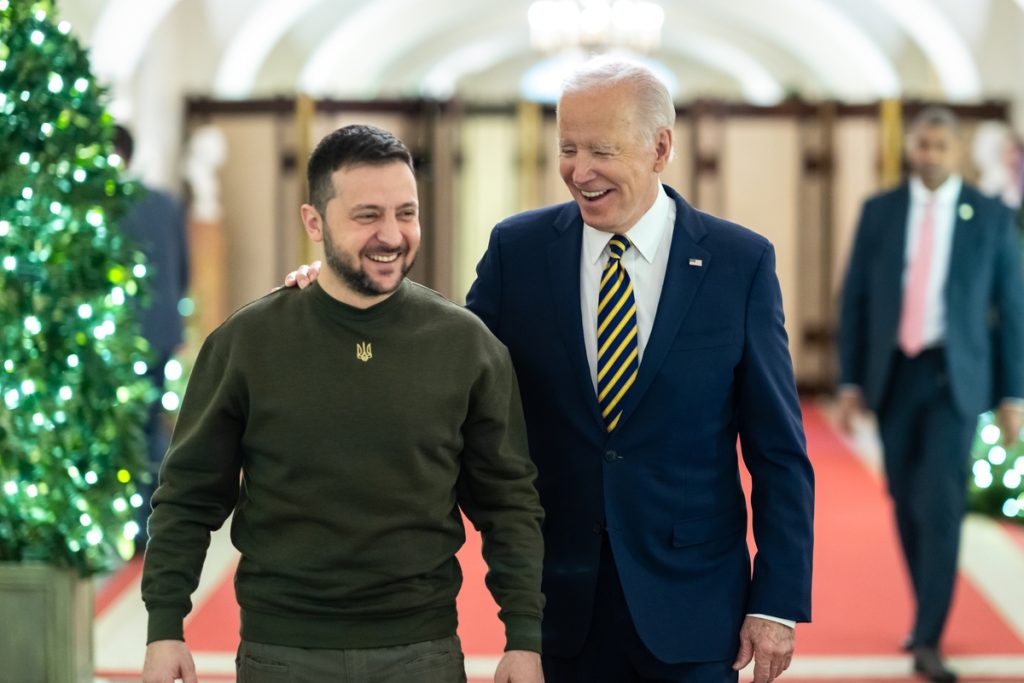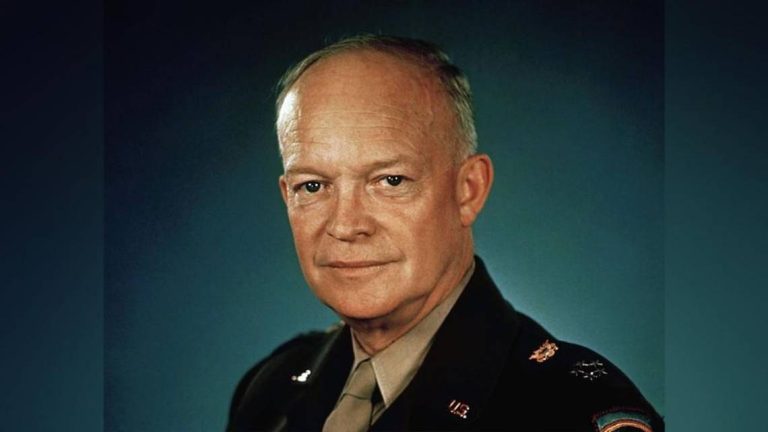Snobbery: An Unjust Barrier to Unity and Understanding
Snobbery, at its core, is the belief in the superiority of one’s own social class, education, taste, or other attributes over those of others.
New York, N.Y. As we navigate the intricacies of human interaction and societal dynamics, one pernicious trait that often stands in the way of genuine connection and progress is snobbery. From our perspective as thought leaders and global citizens, snobbery represents a significant barrier to fostering unity, understanding, and mutual respect among individuals and communities. It is an attitude that not only undermines social cohesion but also perpetuates inequality and prejudice.
It manifests in various forms, from subtle dismissals and condescension to overt displays of elitism. This attitude can be found in many spheres of life, including education, professional environments, cultural settings, and even social circles. By perpetuating a sense of division and exclusion, snobbery hampers the growth of inclusive and empathetic societies.
One of the most damaging aspects of snobbery is its impact on educational and professional opportunities. Individuals who harbor snobbish attitudes often devalue the contributions and potential of those they deem less worthy based on superficial criteria such as socioeconomic background, educational attainment, or even accents and mannerisms. This bias can lead to the marginalization of talented individuals who may lack certain credentials but possess invaluable skills and perspectives. By recognizing and dismantling these barriers, we can create more equitable and dynamic environments where everyone has the chance to thrive.
In cultural settings, snobbery often takes the form of an elitist approach to art, literature, music, and other expressions of human creativity. The tendency to regard certain forms of culture as superior while dismissing others as inferior or unsophisticated limits our ability to appreciate the rich diversity of human expression. Every culture and subculture has unique contributions that enrich our collective experience, and by embracing this diversity, we can broaden our horizons and deepen our understanding of the world.

Snobbery also undermines social cohesion by fostering an environment of exclusion and division.
When individuals or groups perceive themselves as superior to others, it creates a hierarchy that undermines the principle of equality. This dynamic can lead to resentment, conflict, and a lack of solidarity within communities. As global citizens, it is essential that we challenge these attitudes and promote a culture of inclusivity where every person is valued and respected.
Our personal experiences have shown us the transformative power of humility and open-mindedness in overcoming snobbery. By approaching others with genuine curiosity and a willingness to learn, we can break down the barriers that snobbery erects. This approach not only enriches our own lives but also fosters deeper connections and mutual respect. We have witnessed the positive impact of initiatives that promote cultural exchange, mentorship, and collaboration across different social and professional backgrounds. These efforts demonstrate that when we move beyond superficial judgments, we can unlock the full potential of diverse perspectives and talents.
Moreover, addressing snobbery requires a commitment to introspection and self-awareness. We must recognize our own biases and strive to overcome them through continuous learning and empathy. This journey involves challenging our assumptions, seeking out diverse experiences, and listening to the voices of those who have been marginalized or overlooked. By doing so, we can cultivate a mindset that values inclusivity and equity.
It is also important to highlight the role of leadership in combating snobbery.
Leaders in education, business, government, and other sectors have the responsibility to model inclusive behavior and create environments where all individuals feel valued and supported. This involves implementing policies and practices that promote diversity, equity, and inclusion, as well as fostering a culture of respect and collaboration. By setting a positive example, leaders can inspire others to embrace these values and work towards a more inclusive society.
As we reflect on the impact of snobbery and the importance of overcoming it, we are reminded of the fundamental principle that every individual has inherent worth and dignity. By rejecting snobbish attitudes and embracing a spirit of humility and open-mindedness, we can build a world where everyone has the opportunity to contribute and succeed. Let us commit to challenging snobbery in all its forms and fostering a culture of respect, empathy, and inclusivity.
Overcoming Snobbery: Building a Culture of Inclusivity and Respect (July 17, 2023)
#Snobbery #Inclusivity #Equality #CulturalDiversity #Respect #Empathy #GlobalCitizenship #SocialCohesion #Equity #Leadership
TAGS: Snobbery, inclusivity, equality, cultural diversity, respect, empathy, global citizenship, social cohesion, equity, leadership, overcoming bias
